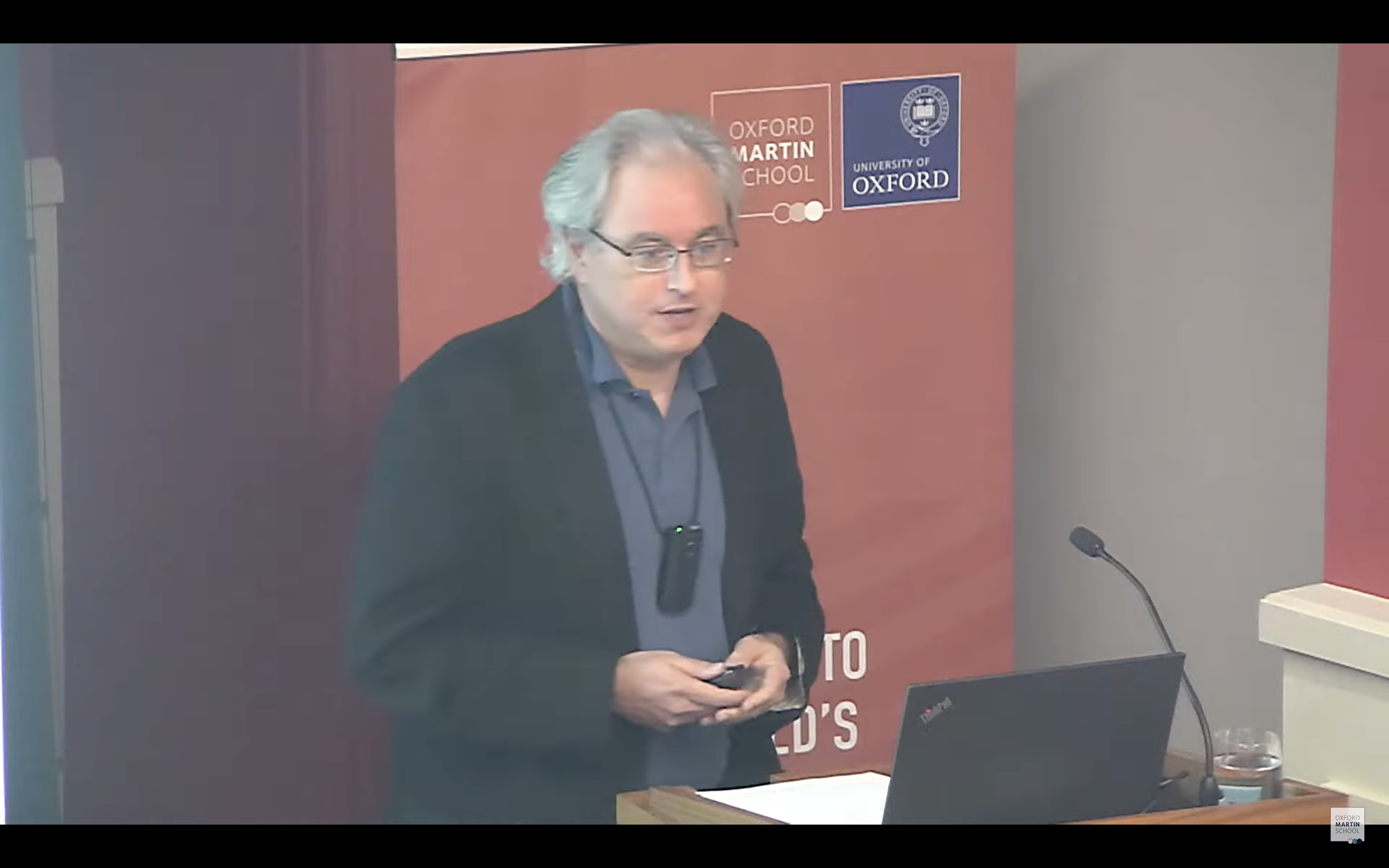This is a joint posting with Sheila HerrlingThis week the
Modernizing Foreign Assistance Network, a fast-growing bipartisan coalition of international development and foreign policy leaders that I am privileged to co-chair, will be sending to the Presidential Transition Team its recommendations for jump-starting the process of strengthening our development programs. A
growing number of voices agree that now more than ever, we must substantially bolster our capabilities to fight poverty and create economic opportunities around the world, both through increasing our investments over time and by making these investments much more efficient and effective. Strengthening these programs may well be one of the best investments we can make over the long term to restore global stability, security and prosperity.Our message this week reinforces our earlier
proposals for a comprehensive approach to modernize our foreign assistance programs over time. Importantly, no single component of this approach is a silver bullet that will work on its own -- all four reinforce each other as an approach to rebuild and strengthen our assistance programs. MFAN urges the Obama Administration over time to:
- Develop a National Strategy for Global Development;
- Reach a "Grand Bargain" between the Executive branch and Congress on management authorities and plan, design, and enact a new Foreign Assistance Act;
- Streamline organizational structures and improve capacity (preferably by creating over the long run a Cabinet-level Department for Global Development, but other options exist); and
- Increase funding for and accountability of foreign assistance.
But these changes cannot be implemented immediately on January 20th. So, as the Presidential Transition Team looks for a smart way to send a strong signal of its intention to elevate and strengthen development as a pillar of our foreign policy, we recommend these early but critical first steps:
- Ensure that the Secretary of State nominee agrees that modernizing our foreign assistance policies, tools, and operations in an elevated, empowered, consolidated, and streamlined U.S. development agency is a top foreign policy priority;
- Empower a single individual with broadened responsibility for USAID, MCC and PEPFAR, specifically by naming one person as the USAID administrator and as interim head of both the MCC and PEPFAR; and
- Name a Deputy National Security Advisor for Development with joint NEC/NSC responsibility for interagency and White House coordination and coherence of development policy.
Read
the letter and
full set of recommendations sent to the Transition Team by a diverse set of influential individuals.
CGD blog posts reflect the views of the authors, drawing on prior research and experience in their areas of expertise.
CGD is a nonpartisan, independent organization and does not take institutional positions.





